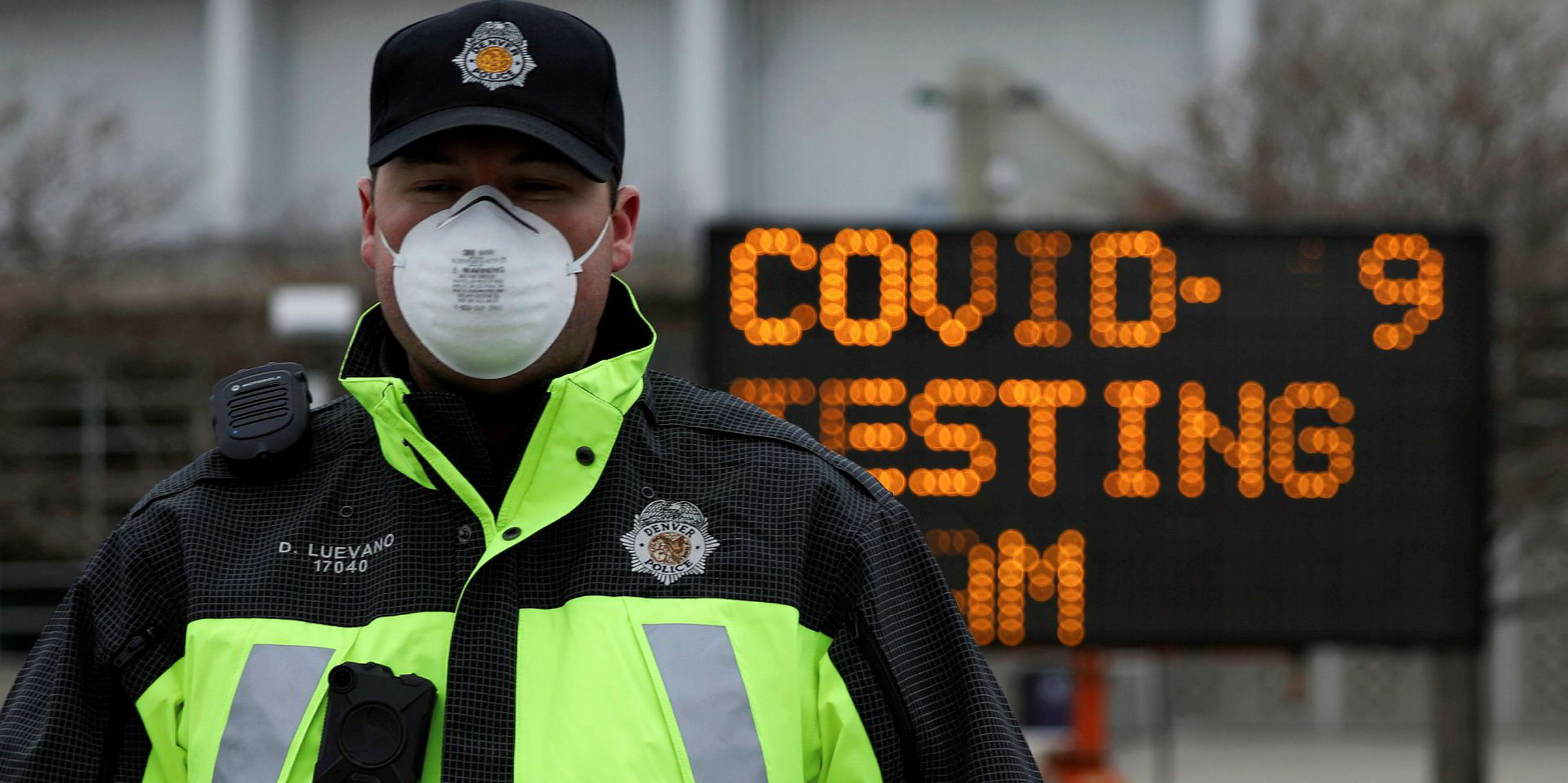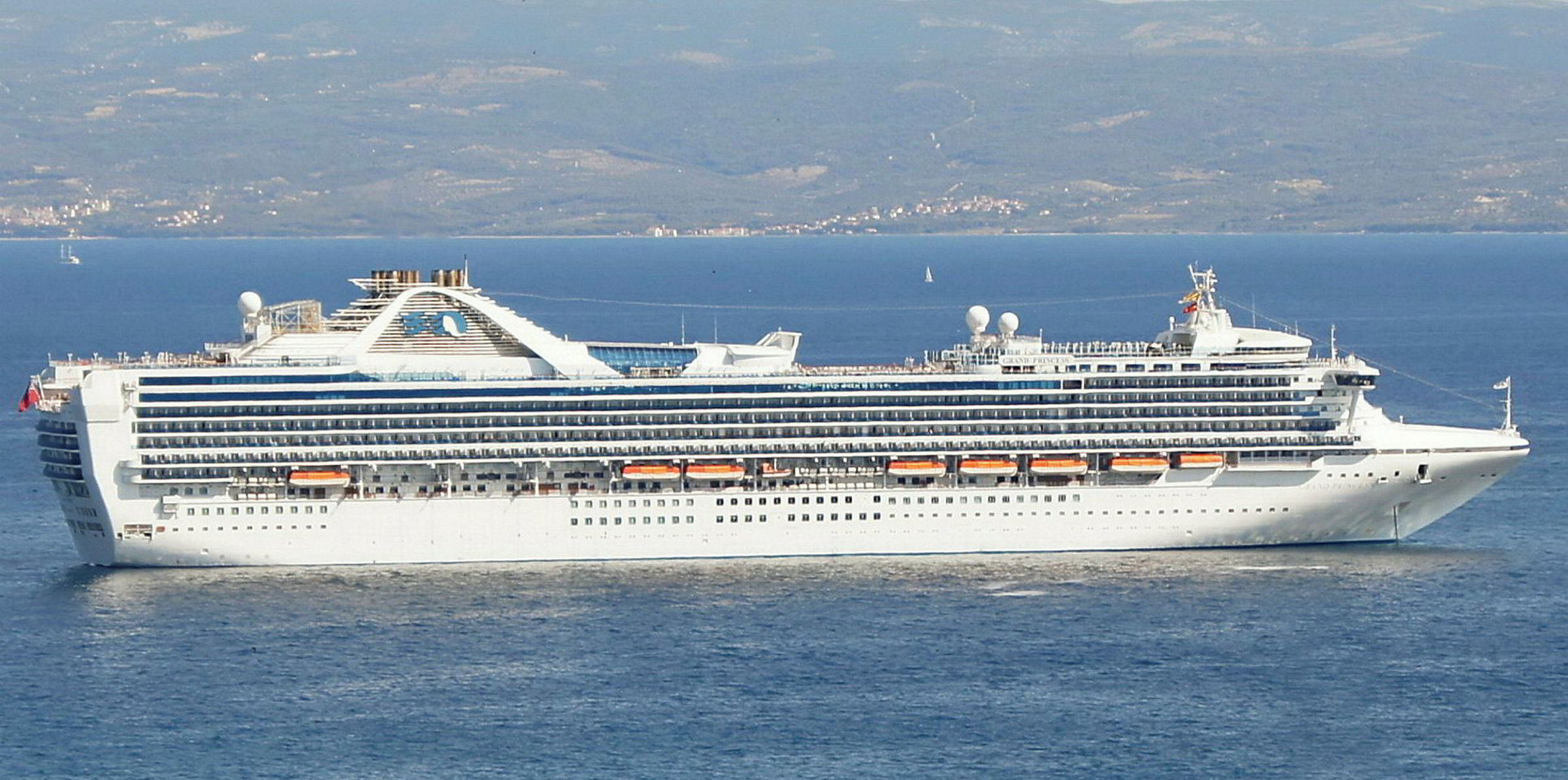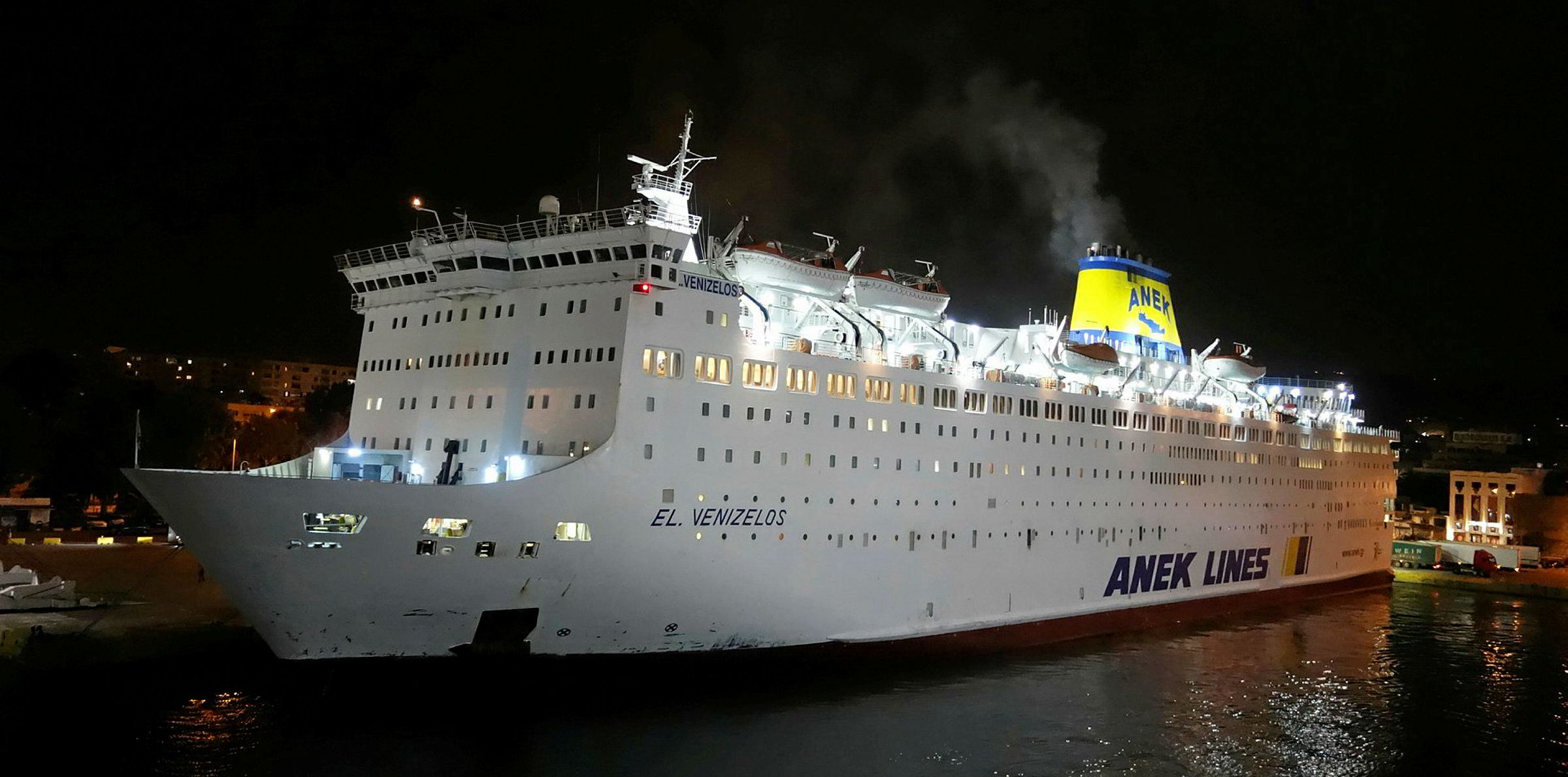With Europe becoming the epicentre of the coronavirus pandemic, shipping on the continent faces disruption and obstacles unseen since World War II.
Cruise lines and ferry companies have been the most immediately hit, as governments ban their ships and suspend connections to prevent the virus from spreading.
Cargo flows have not yet been disrupted in any significant way, but bulkers, tankers, containerships and offshore vessels will eventually be affected, as global seaborne trade shrinks from what looks like an unavoidable recession.
Widespread travel and traffic restrictions for private citizens have shut down offices across the continent. Most shipping firms’ executives and employees are working from home, in what amounts to a huge “remote labour” experiment that may permanently change the way companies organise their staff.
Conferences cancelled
The shipping conference merry-go-round has ground to halt, sending event organisers scrambling for suitable dates in the second half of the year, although the calendar looks impossibly crammed now.
“The scale of the shutdown in Europe must be expected to dramatically affect supply chains and business-to-business interactions, as factories close and the focus shifts entirely to healthcare and our domestic food and energy needs,” Matthieu de Tugny, executive vice president of marine and offshore at Bureau Veritas, said.
Shipping companies have already reported their first mass lay-offs. This has led some governments to offer direct aid to the sector, with unions calling for even more.
Denmark has announced it will provide aid to shipowners, whose traditional reluctance to ask governments for help seems to be going out of the window.

“This is a very dramatic, terrible situation affecting so many people,” said Martin Dorsman, secretary general of the European Community Shipowners’ Associations.
Cruise companies and ferry operators have been savagely hit. Viking Ocean Cruises, Norwegian Cruise Line Holding, MSC Cruises and Celestyal Cruises suspended European operations. They had little choice after governments banned access to ports or shut down the very monuments tourists want to visit in the first place.
Ferry companies were next. Greece suspended all passenger shipping to Italy, the hotbed for Covid-19 in Europe, with 2,503 deaths reported by Tuesday morning. Spain and France have reported 457 deaths between them. In response, Brittany Ferries cancelled some sailings between the UK and these two countries.
Cargo shipping has so far escaped relatively unscathed. Governments have been careful to exempt commercial cargo vessels from travel bans, to make sure supermarkets and grocery stores are well stocked to provide millions of isolated families with food, drink and basic supplies.
Not all has been smooth sailing for commercial shipping, though. Libya has shut down refineries and closed all ports. Major charterers are reluctant to hire ships that have docked in Italy, as some foreign ports are denying them access. Ships that have docked in other virus-hit countries may face similar restrictions.

Ports remain open for business. The Hamburg terminal, one of Europe’s biggest, said this week that it “accepts its responsibility and makes it a top priority for our port to remain fully operational in the best interest of the population”.
Precautionary measures are being stepped up. Ships are usually ordered to send full medical accounts of their crew on earlier deadlines than before.
Meanwhile, practical and operational problems pile up. Expiring certificates for ships and seafarers are an immediate concern, and regulators and government are being urged to extend them.
“We see big problems with crew changes, crew certificates and ship certificates,” Dorsman told TradeWinds. “This is something all stakeholders have to get to grips with together immediately: flag states, port states and class.”
The International Chamber of Shipping has called an emergency meeting on 19 March to deal with crew changing issues. Remote surveys will possibly be part of the response. Bureau Veritas said that by coincidence it opened its first dedicated remote survey centre in Rotterdam this month.

“More will follow soon,” de Tugny told TradeWinds.
The remote-working experience has proved a success for many outfits. Dorian LPG said it practised well before Covid-19 was declared a pandemic, to spot problems early.
“The biggest hurdle is controlling the speed of individual employees’ internet connection and allowing them time away from their kids in order to focus,” said executive vice president Alex Hadjipateras, who has been spearheading the company’s efforts to adjust.
More prolific
“Not everyone in their house has the space in order to work. That being said, I expect video conferencing and remote working to indeed become more prolific in the future.”
A sale-and-purchase broker working from home in Athens, however, said remote work has been the least of his problems. “The biggest problem is finding deals,” he said.
Coronavirus is putting obstacles in the way of regular S&P transactions. Broker reports, usually pages full of reported and rumoured deals, barely scratched together a few lines of them this week.
“We call upon member states to discuss and exchange best practices and learn from each other — not inventing the wheel all over again, but be as quick as possible and implement measures designed already in other countries,” Dorsman said.
Passenger shipping should benefit first, but oceangoing firms should follow, he added. The UK Chamber of Shipping has called for a multi-million-pound relief fund. Lenders, which benefit from billions of euros of central bank liquidity, are urged to take a lenient approach on loans. The European Union is already stretching state-aid rules to help companies cope.
“We have to safeguard as many jobs and companies as possible,” Dorsman said.
| Country | Cases | Deaths |
| Italy | 35,713 | 2,976 |
| Spain | 13,716 | 598 |
| Germany | 8,198 | 13 |
| France | 7,652 | 175 |
| Switzerland | 3,003 | 21 |
| UK | 2,626 | 60 |
| Netherlands | 2,051 | 58 |
| Belgium | 1,486 | 14 |
| Norway | 1,423 | 3 |
| Sweden | 1,279 | 3 |
| Denmark | 1,044 | 4 |
| Portugal | 642 | 2 |
| Greece | 387 | 4 |
Source: WHO
Ian Lewis contributed to this story.








